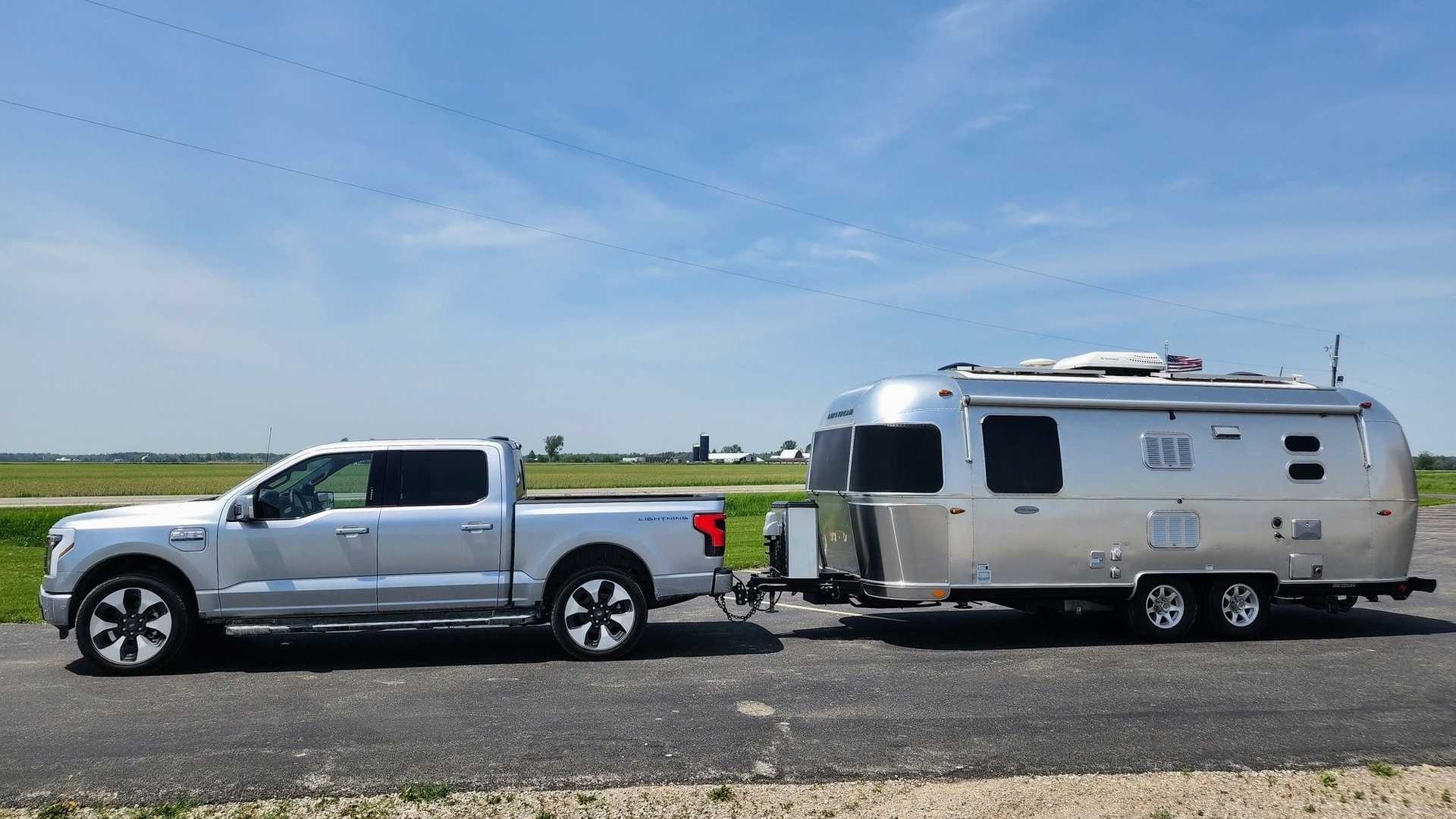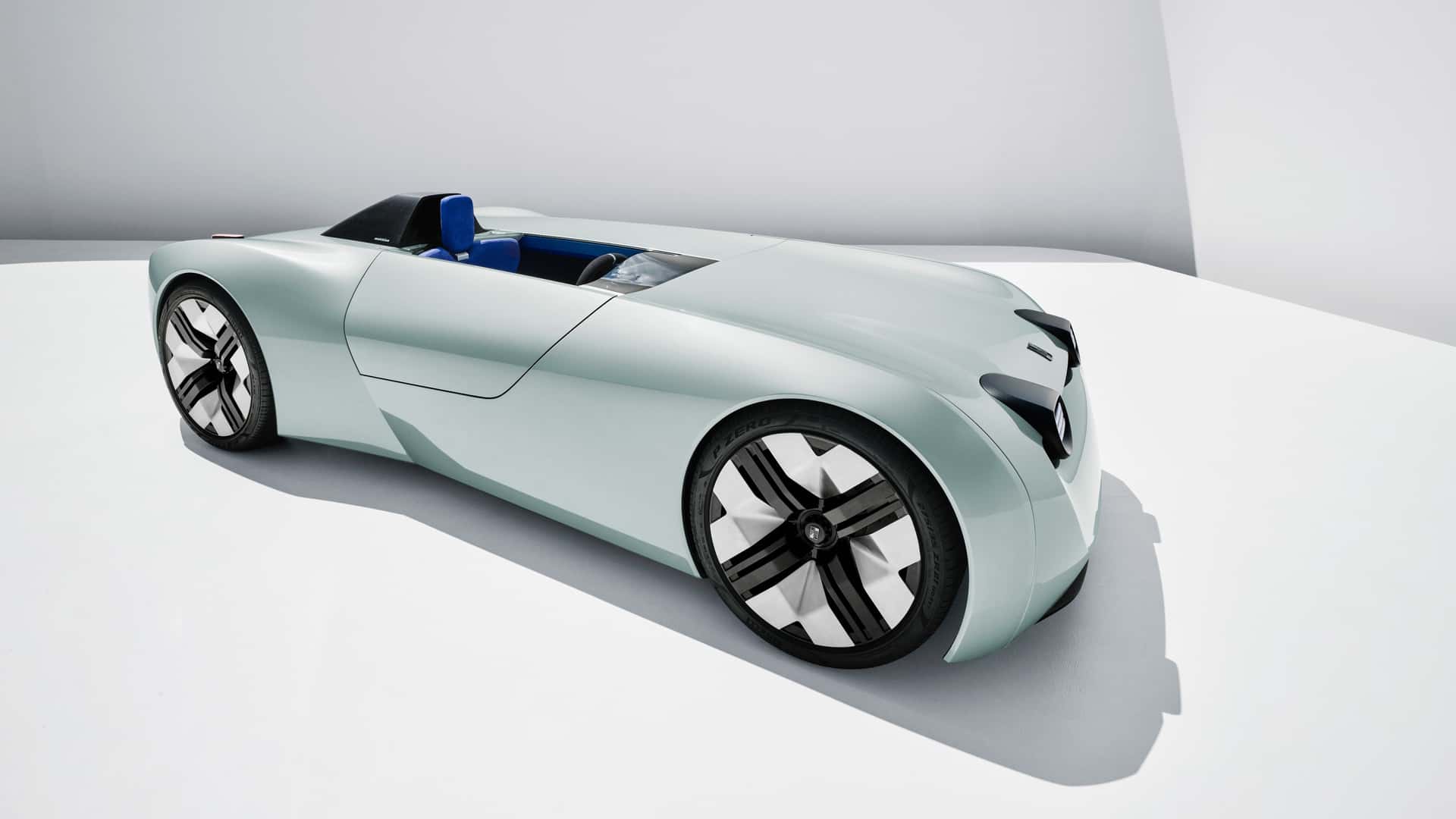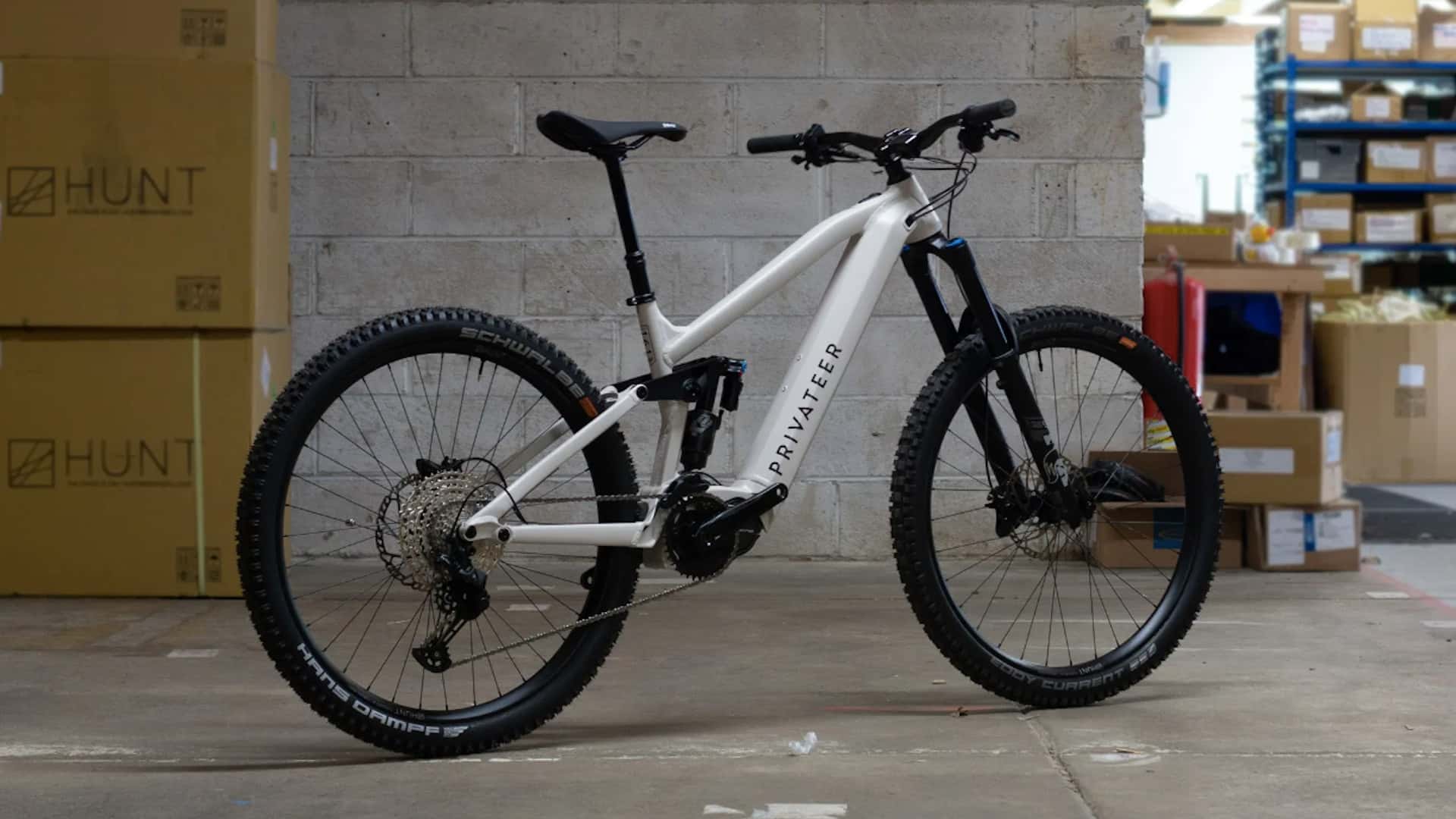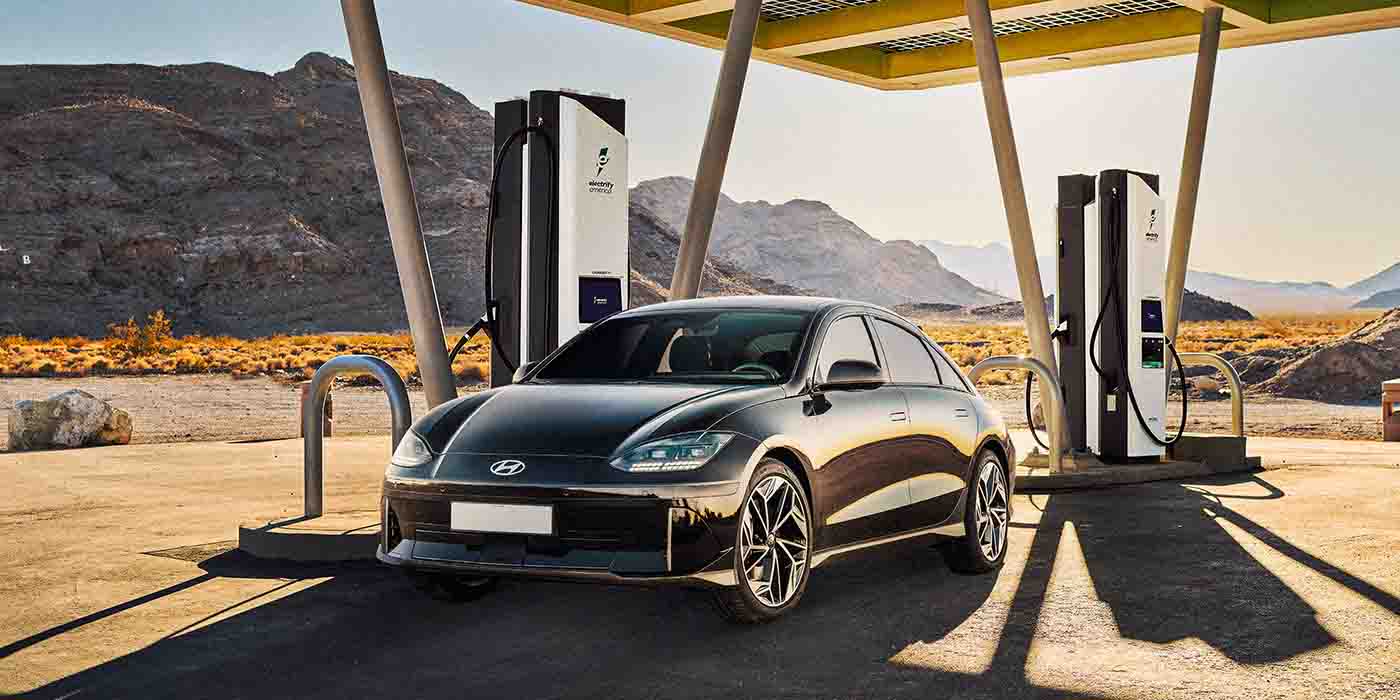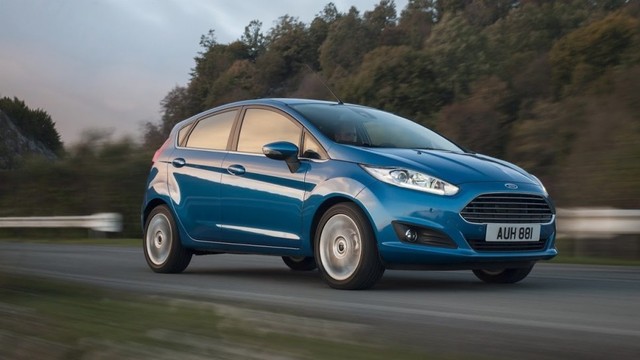In a groundbreaking move, Ford has filed a patent that introduces an ingenious concept for trailers. The patent envisions a trailer equipped with an integrated battery pack and electric motors, revolutionizing its functionality and usability. This innovative design allows users to effortlessly position the trailer at various locations, such as campsites or job sites, while also serving as a reliable backup power source for both the towing electric vehicle (EV) and essential tools and appliances.
The detailed document, filed on January 13 and recently published by the United States Patent and Trademark Office (USPTO) on July 13, unveils the impressive features of this charging trailer. Among its components are a trailer body, wheels and tires, batteries, recharging ports for the internal battery pack, and external power export capabilities. Electric motors and a controller further enhance the trailer’s maneuverability.
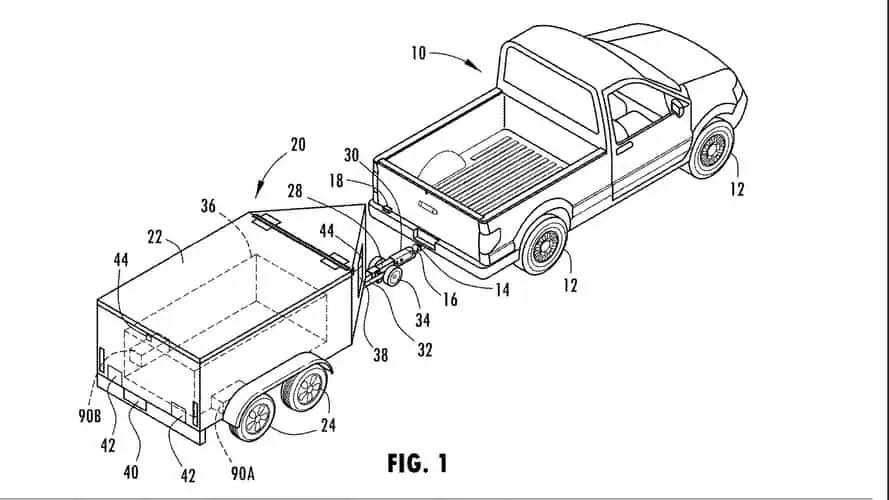
The patent’s abstract, provided by the USPTO filing, sheds light on the trailer’s key attributes: “A charging trailer is provided and includes one or more motors to maneuver the charging trailer, a rechargeable battery pack for storing electrical energy, a recharging port for receiving electrical power from a charger to recharge the rechargeable battery pack, and one or more charging ports for charging one or more pieces of electrically powered equipment with the electrical energy stored in the rechargeable battery pack. The charging trailer also includes a controller for controlling movement of the charging trailer to position the charging trailer in a use position to charge the one or more pieces of electrically powered equipment.”
Although this concept bears resemblance to the Lightship L1 electric RV, Ford’s patent introduces distinctive features. In the Lightship, embedded batteries and electric motors power the trailer during towing, reducing range anxiety. Ford’s design, on the other hand, focuses on practicality, employing electric motors solely to facilitate trailer movement while the towing vehicle is stationary.
This remarkable innovation has the potential to revolutionize various types of trailers, ranging from basic utility models to recreational vehicles (RVs) and car trailers. The possibilities for applying this technology are vast and exciting.
In addition to this pioneering patent, Ford has recently made further strides in technological advancement. The company has also filed a patent for a roof-mounted battery box, which could potentially supply backup power to EVs in remote locations with limited access to charging infrastructure. This forward-thinking approach demonstrates Ford’s commitment to tackling the challenges of electric mobility and enhancing the overall EV experience for consumers.
As Ford continues to push boundaries with its inventive concepts, the future of electric vehicles and their associated technologies looks increasingly promising.

